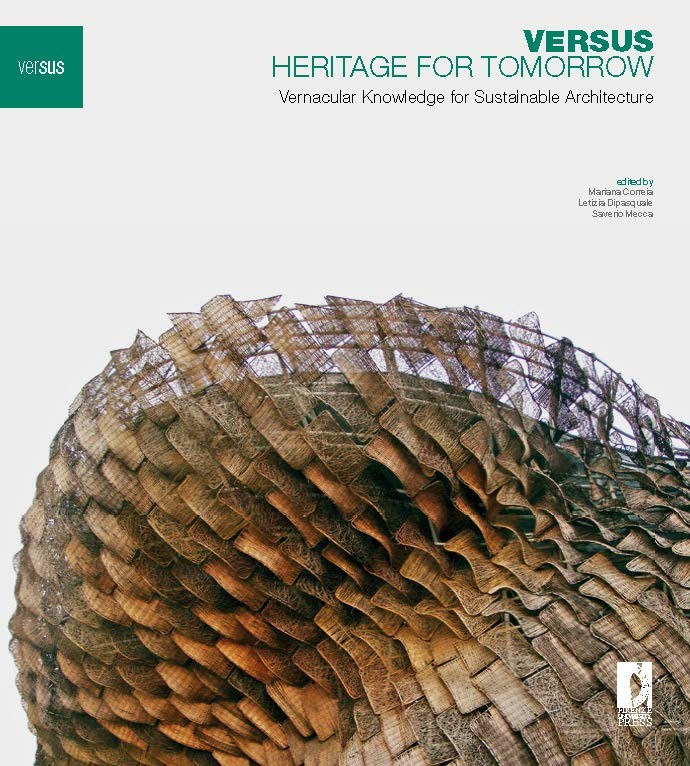
This scientific publication resulted from an intensive and significant teamwork research, based on the common main aim of establishing key principles, regarding vernacular knowledge and its contribution for sustainable development. Lessons learned from vernacular heritage are systematised through principles that defi ne a wide number of strategies to consider and to integrate for sustainable contemporary architecture. This was possible through the initial establishment of operational defi nitions, regarding vernacular architecture and sustainable architecture. It was also critical to define a profound reflection concerning the state of the art of environmental, socio-cultural and socio-economic sustainability, as well as resilient vernacular heritage, and the defi nition of parameters for vernacular sustainability during the 20th Century.This publication presents the design of the VerSus research method and operative approach, which were decisive for the systematisation of strategies and solutions identifi ed in urban, local, architectural, technical and constructive terms. Each area of study was represented by specific case studies from Europe and around the world, addressing vernacular environments and contemporary contexts.
Mecca, Saverio, Letizia Dipasquale and Mariana Correia (eds.), Versus: Heritage for Tomorrow : Vernacular Knowledge for Sustainable Architecture. Italy: Firenze University Press, 2014.
I agree to the terms outlined below:
You agree to upload and assign Mosqpedia Database the rights to use the content worldwide and in perpetuity across all current and future media platforms. Mosqpedia Database may edit, copy, adapt and translate your contribution.
The content will be distributed under the Creative Commons Attribution-Deed – Attribution-NonCommercial-NoDerivatives 4.0 International – Creative Commons
All data will be stored in line with data protection regulations.